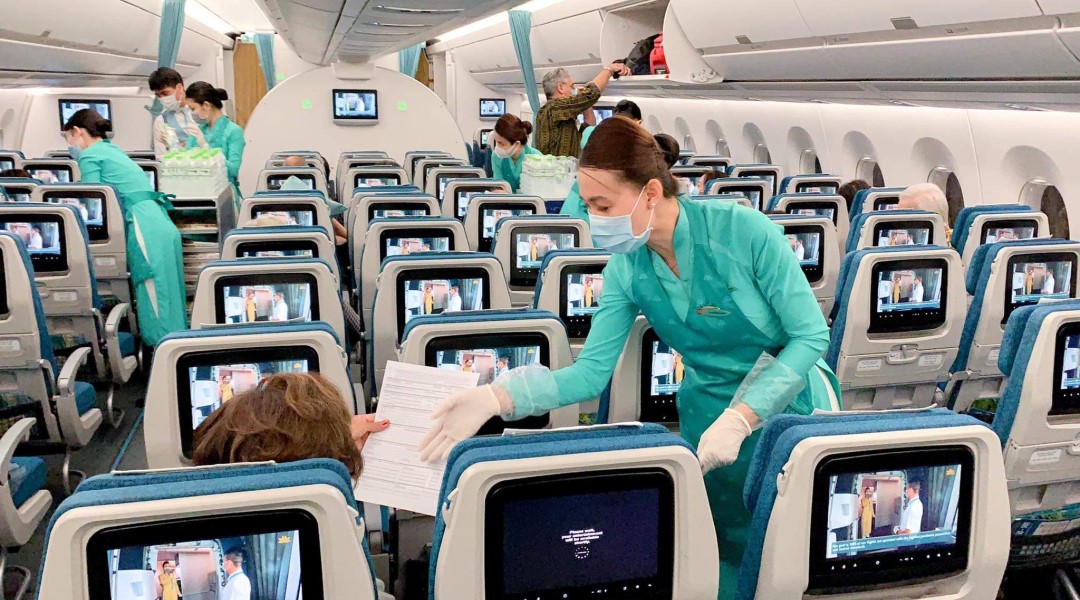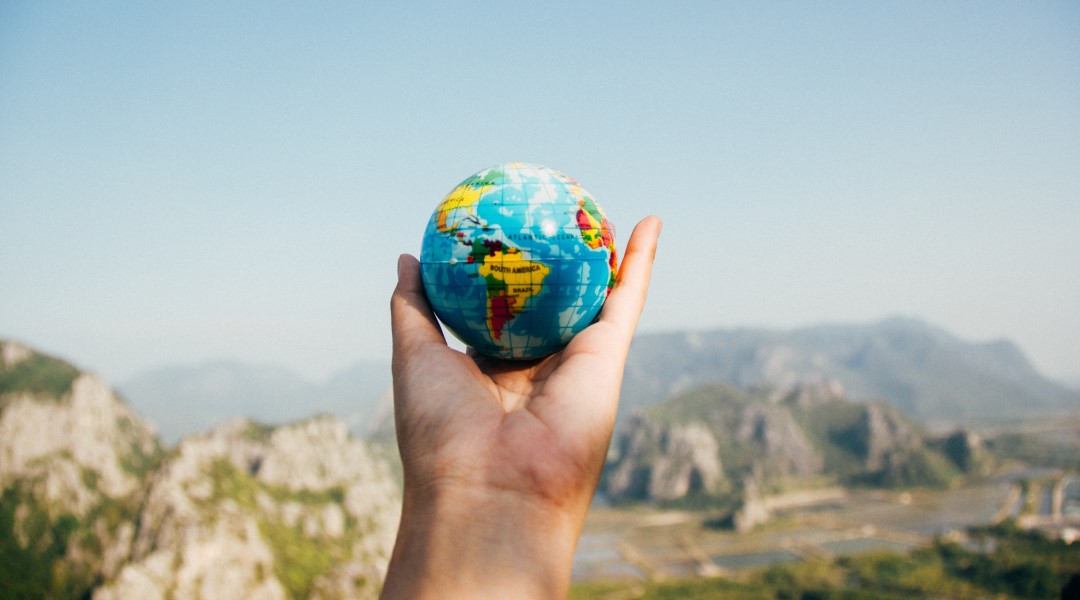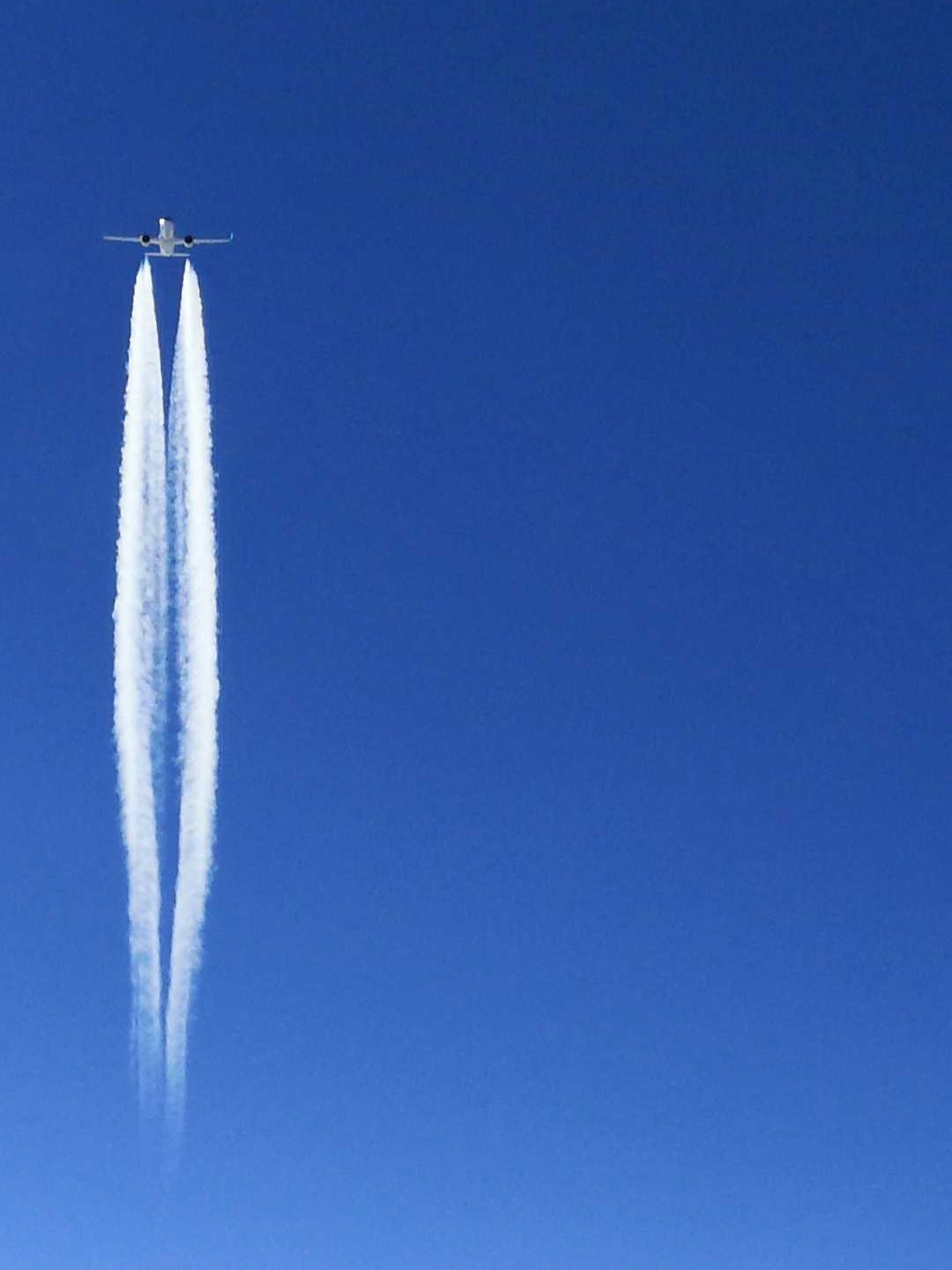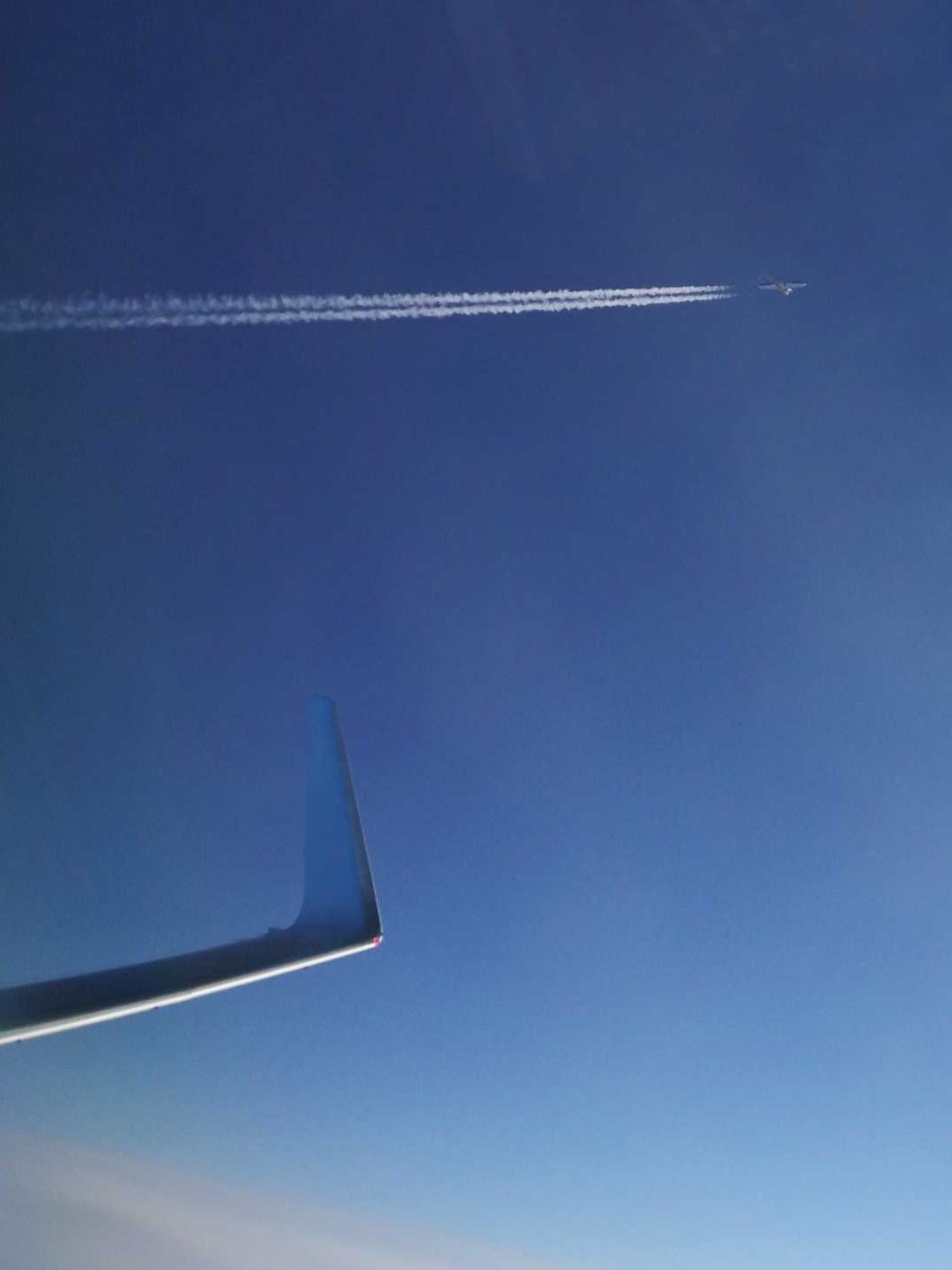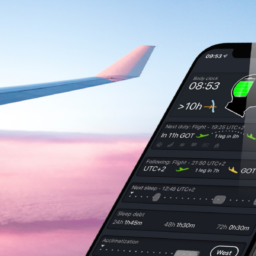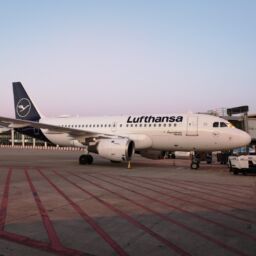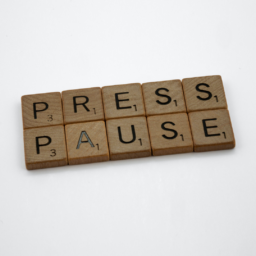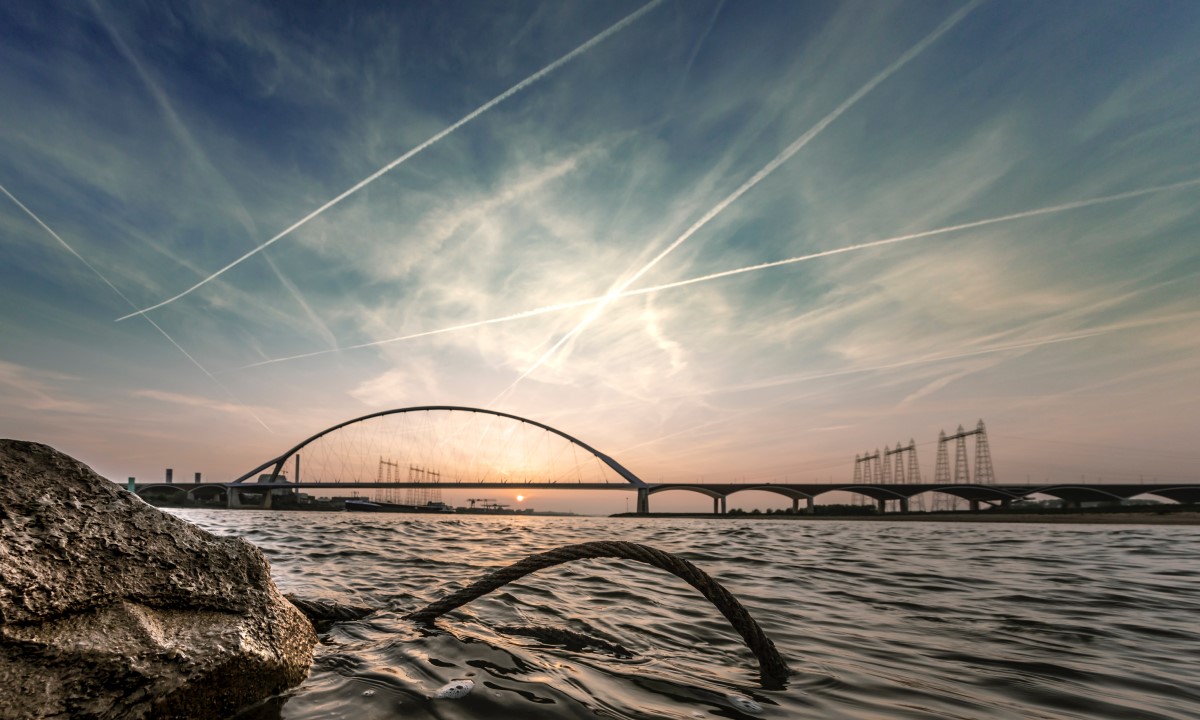
Passengers air travel and cargo air transport play a vital role in the global economy and our social well-being. At the same time, commercial aviation makes an important contribution to climate change. Do we need to change our consumption behavior to achieve net-zero emission in aviation?
Literature discusses different mitigation strategies: technology, operational changes, regulatory changes and consumption behavior. Although changes in consumption behavior appear to have the greatest mitigation potential, it receives much less attention in the literature.
The team behind the 17th Aviation Management Conference Amsterdam University of Applied Sciences, a group of elite students, conducted a study on the potential of “consumption behavior change” as a tool to reduce the environmental impact of aviation and contribute to a net-zero aviation emissions by 2050.
Why do people fly or not?
To understand how to change passenger consumption behavior, it is important to understand why people fly in the first place. Demographic changes, such as a growing world population, simply increase the number of people who may fly.
New business models, such as Low Cost Carriers, made air travel more affordable and increased propensity. A study by Airbus in 2021 shows a strong relationship between GDP (Gross Domestic Product – the monetary value of final goods and services) and a higher number of flights. In the same survey, Airbus expects a 150% increase in the number of middle-class travelers over the next two decades.
Only a small part of the population stops flying or flies less for environmental reasons. Just 4% of people cited environmental concerns as a reason not to fly. However, it is a growing trend and led to the new term “flight shame”.
Although the remaining 96% of passengers are aware of the negative effects of flying, this does not reflect in their consumption. Passengers experience cognitive dissonance, which justifies rather than changes their consumption.
Ticket Price
It is expected that the price of a plane ticket will rise and that passengers will have to pay for the effects of CO2.
One of the biggest differences between groups of leisure and business travelers is the price they are willing to pay. Because business travelers are more willing to pay for a premium price, it is expected that they are also willing to pay more for the effects of sustainability.
Change our consumption behavior
Passengers have different reasons for flying. A recent study by McKinsey shows that the youngest aviation customers are most concerned about climate change.
To achieve net-zero emission in aviation, it is necessary to know how to incentivize people to fly responsibly. The new research from the University of Amsterdam uses the DINAMO model to determine how this can be achieved.
Read the full research report here:
Share this article with your friends and colleagues:


